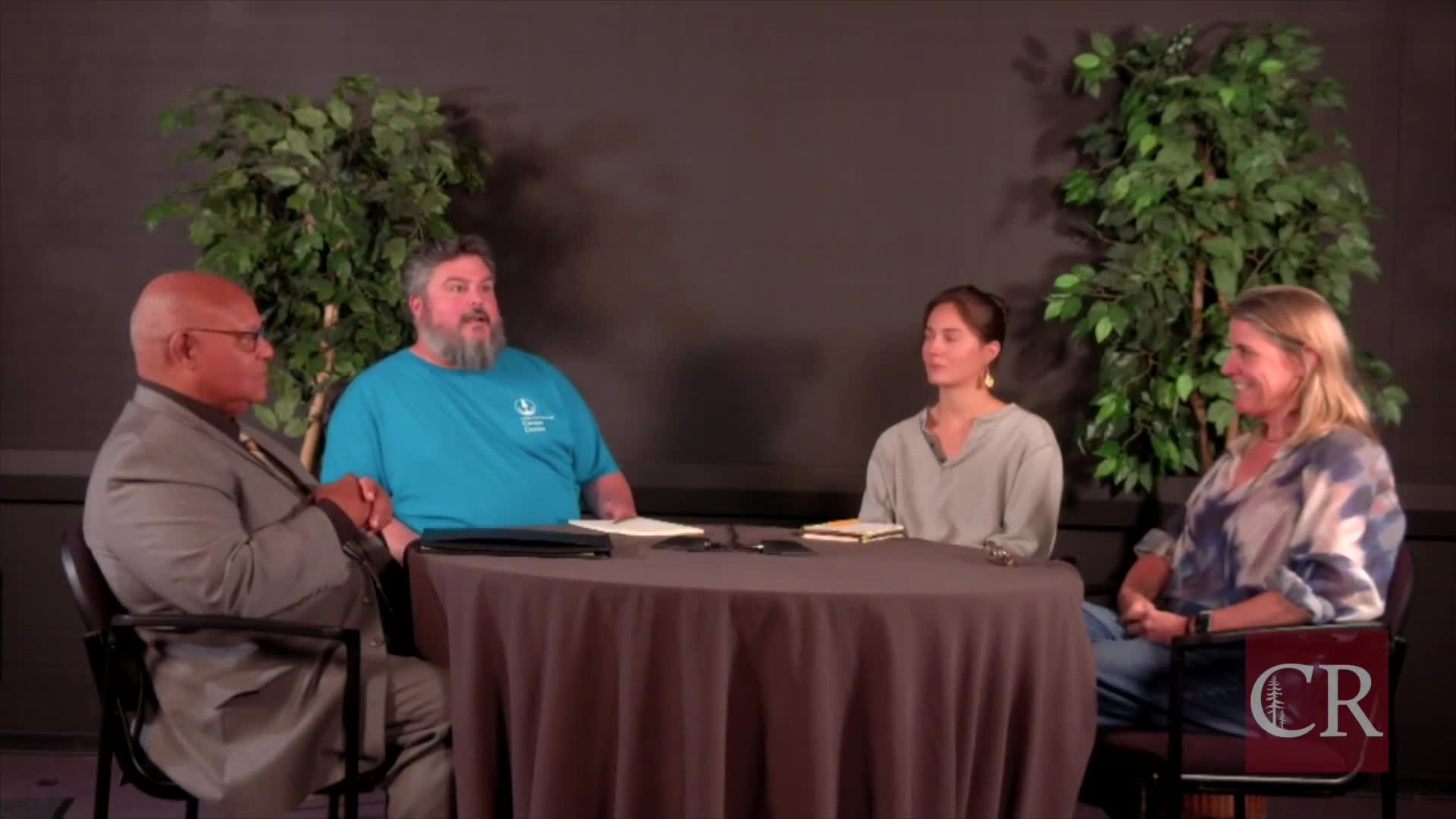College of the Redwoods veterans describe hurdles rebuilding community and navigating classrooms
Get AI-powered insights, summaries, and transcripts
Subscribe
Summary
Two former Marines who work with College of the Redwoods staff discussed challenges veterans face transitioning from active duty to campus life, including loss of community, classroom dynamics with younger students, and concerns about expressing opinions in coursework.
Two former Marines who now work at College of the Redwoods described how the shift from military service to college life can be disorienting and isolating, and said campus resources helped them rebuild community.
"One of the most overwhelming things was just the amount of choice that I had available to me," said Matt Gilliland, program coordinator for veterans and military family student services, describing his transition from active duty to civilian education. "I went from an environment where I was told where to be, when to be there, and how to do whatever I was doing, to, 'What do you want to do?'"
The comments came during an episode of the College of the Redwoods podcast Free Speech with CR hosted by Keith Flamer and Molly Blakemore.
Why it matters: Veterans and older students make up a visible population at community colleges and can face distinct academic and social challenges. Campus programs such as the Veterans Resource Center aim to help returning service members rebuild the daily structure and peer networks they lost after leaving the military.
Gilliland and Marlee Alousier, who works in student enrollment services as an admissions and records processor, said the biggest challenges included the sudden abundance of personal choice after a structured military life, a sense of diminished community, and difficulty relating to younger classmates. "Academia was the way to build that community back because a lot of that transitional problem was because I had a loss of community," Alousier said.
Both speakers described practical classroom frictions: arriving late, differing expectations about instructor respect and deadlines, and age gaps. Gilliland said he often felt out of place in classes with 18- and 19-year-old students after finishing service at a later age.
Alousier and Gilliland also described censoring coursework to avoid conflict with instructors whose political views might differ. "When I'm writing this essay for my political science course, I need to write it in a way that is appropriate for the instructor to not give me a bad grade because our opinions don't align," Alousier said.
On coping strategies and supports, Gilliland recommended establishing relationships with instructors but cautioned that students should be emotionally prepared for those conversations so they do not become combative. "Approaching an instructor and developing a relationship with faculty is... paramount," he said. Alousier said neutral settings and institutional trust matter when having tense conversations; she suggested that students may need venues where they do not fear retaliation or grade consequences.
The participants also spoke about broader civic and cultural tensions and how those affect veterans on campus. Gilliland said finding common ground requires humility and trust, which are hard to impose by mandate. "To listen to people who you disagree with and to try to find common ground takes humility," he said.
The episode included practical observations about student roles on campus: older veterans are sometimes tapped to help instructors with head counts or logistical tasks, and some veterans said they end up informally filling teaching-assistant–type roles.
The podcast episode aired as part of Free Speech with CR and featured conversation between hosts Keith Flamer and Molly Blakemore and guests Matt Gilliland and Marlee Alousier. No formal actions, votes, or policy changes were proposed on the episode.
